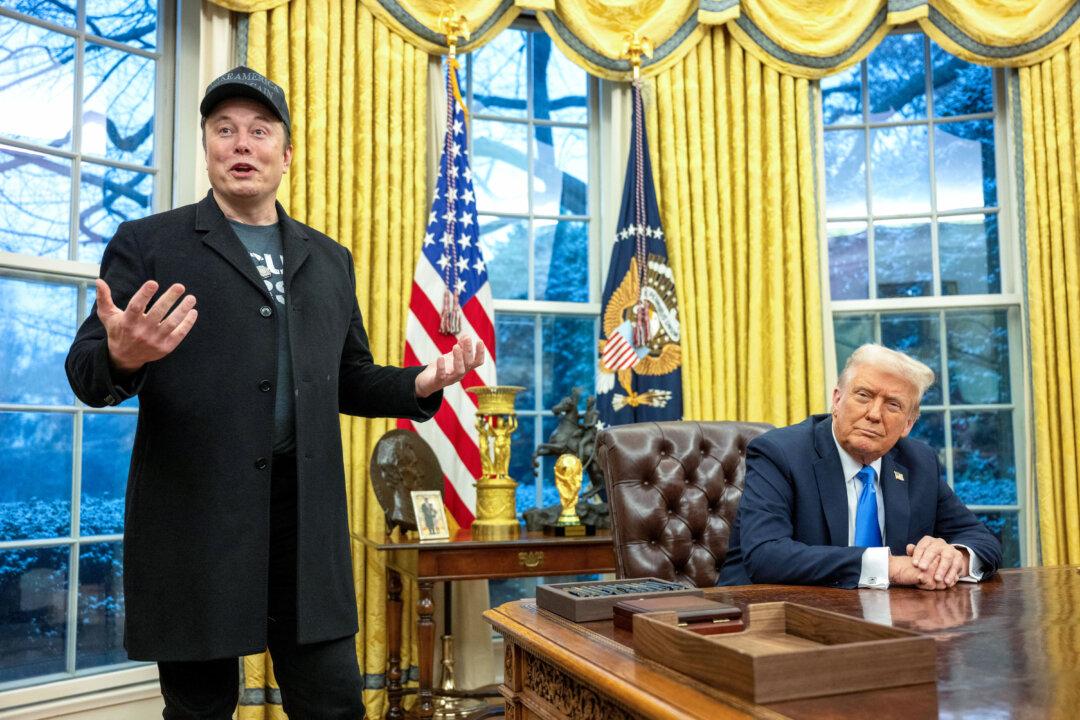U.S. District Judge Tanya Chutkan on Feb. 14 delayed ruling on 14 states’ request that the Department of Government Efficiency (DOGE) be barred from accessing government information systems.
At a hearing in the case of New Mexico v. Musk, the Washington-based judge seemed skeptical of the states’ motion for a temporary restraining order against DOGE and its leader, tech entrepreneur Elon Musk.





